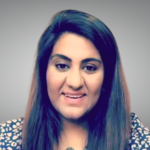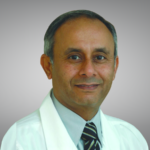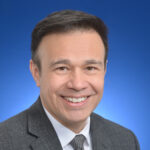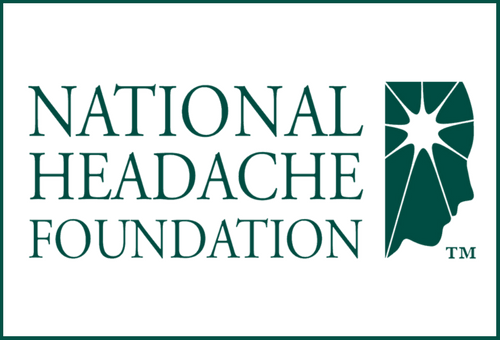Innovations in Migraine Treatment & Therapies
You are currently watching a preview of this interview. Unlock the full version by upgrading to an Access Pass bundle! Get FREE access to 8 expert interviews from Day 1 and Day 2 when you register today!
Key Questions
- How has the pace of innovation in treatments and therapies for migraine disease changed in the last four years?
- What is the goal when treating patients who have migraine disease?
- What additional treatments might be considered when a patient has only a partial response to a subcutaneous CGRP monoclonal antibody?
- What are some of the advantages and challenges of IV infusions for migraine disease?
- Can any of the CGRP receptor agents (gepants) be used for preventive as well as acute migraine treatment?
- Can any of the gepants be used to treat both episodic and chronic migraine?
- Could a gepant medication eventually be approved for treatment of all migraine types? What is zavegepant and how is it different from other gepant medications?
- What is Trudhesa and how does it compare to other medications?
- What is the Relivion device and how does it compare to other neuromodulation devices?
- Are digital health apps and telehealth resources effective for migraine management?
Interview Notes
- Dr. Stewart J. Tepper, MD
- Dartmouth Headache Center
- American Migraine Foundation
- American Headache Society
- National Headache Foundation
- Click Therapeutics
- Ctrl M Health
- Cove
- iControlMyHealth
- Juva for migraine app
- Migraine Buddy app
- Neura Health
Treatments Mentioned
- Atogepant (Qulipta)
- Biofeedback
- Cefaly
- CGRP inhibitors
- CGRP monoclonal antibodies (mAbs)
- CGRP receptor antagonists (gepants)
- Cove
- Digital therapeutics
- DHE (Dihydroergotamine)
- DHE mesylate (Trudhesa)
- Eptinezumab (Vyepti)
- gammaCore
- Juva for migraine app
- Migraine Buddy app
- Nerivio
- Neuromodulation devices
- OnabotulinumtoxinA (Botox)
- Relivion MG
- Rimegepant (Nurtec)
- SAVI Dual (previously eNeura sTMS)
- Telehealth
- Triptans
- Ubrogepant (Ubrelvy)
- Zavegepant
Please note: The Migraine World Summit’s aim is to bring you a variety of perspectives and expertise, independent of bias or judgment. Alternative theories presented in this video have not been medically reviewed. Views expressed in this interview do not necessarily represent the views of the Migraine World Summit. Please always consult your health care professional and do your own research before making changes to your treatment plan.
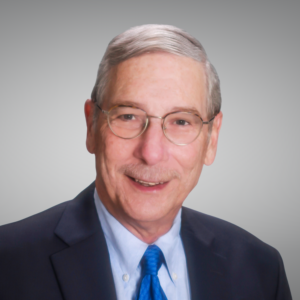
Stewart J. Tepper, MD
Professor of Neurology
Geisel School of Medicine at Dartmouth
Stewart J. Tepper, MD, is a professor of neurology at the Geisel School of Medicine at Dartmouth College in Hanover, New Hampshire. He is director of the Dartmouth Headache Center in the Department of Neurology of Dartmouth-Hitchcock Medical Center in Lebanon, New Hampshire. Dr. Tepper received his undergraduate degree (graduating cum laude) in the study of the nervous system/psychobiology from Yale College, New Haven, Connecticut; and attended Cornell University Medical College in New York City. He completed his neurology residency at the Longwood Area Harvard program in Boston, Massachusetts, and has been board certified in headache medicine since 2006.
Dr. Tepper was director of the American Headache Society’s (AHS) Scottsdale Headache Symposium CME course from 2008 to 2020. He was editor-in-chief of the journal Headache Currents and associate editor of the journal Headache from 2012-2020. He has published more than 460 peer-reviewed manuscripts, editorials, and books on headache medicine. Dr. Tepper serves on the executive board of directors and is the corporate liaison for the AHS. He serves on the AHS Education, Exhibits, and Finance committees. For the American Migraine Foundation, he serves on the Governance Committee and board of directors.
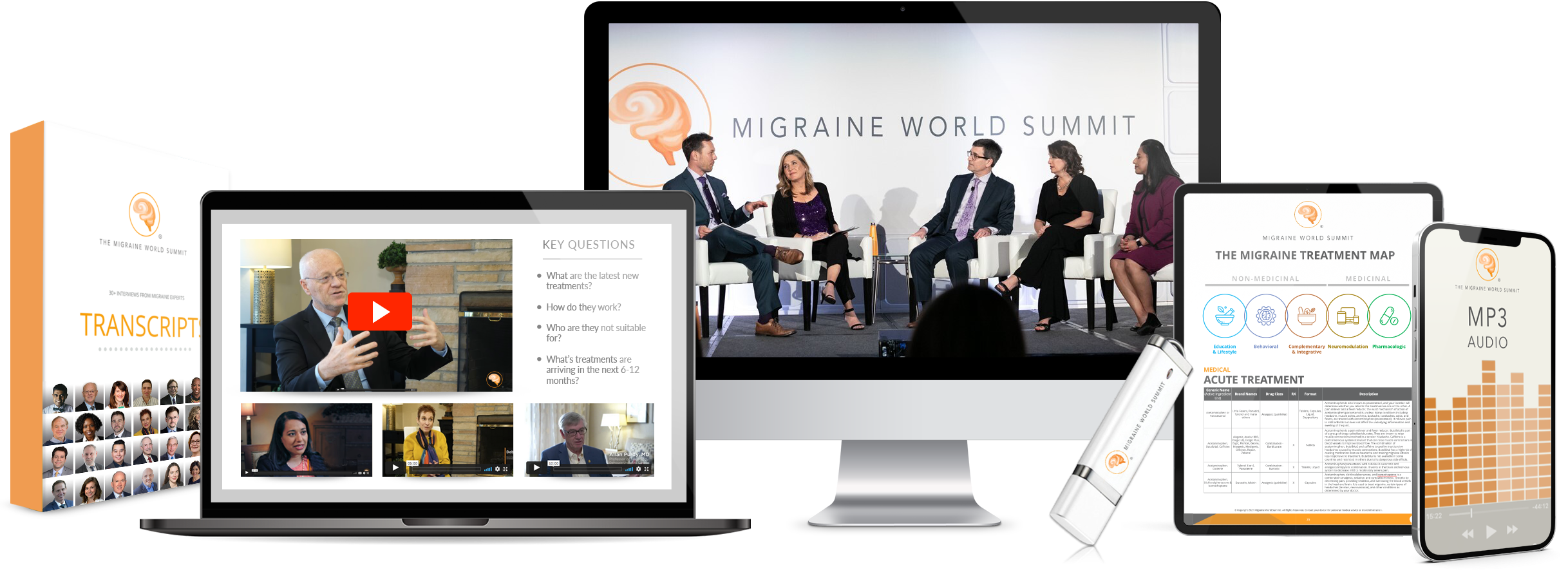
Get all the 2025 interviews, videos, audio, transcripts, and more. Why upgrade?
- Can’t attend live? Watch anytime
- Prefer reading or listening? Get transcripts and audio
- Want to dive deeper? Explore the additional footage & resources
- Need ongoing support? Reference expert advice year-round
- Lifetime access to 2025, no annual fee
Related Talks for: Day 1 (2023)
Beyond the Pain: Other Migraine Symptoms
Nazia Karsan, MRCP, PhD
The Gut-Brain Connection in Migraine
Jay Pasricha, MD, MBBS
Brain Retraining for Chronic Pain
Bethany Ranes, PhD
Over the past 50 years, our mission at the National Headache Foundation has been to further awareness of headache and migraine as legitimate neurobiological diseases. Much has changed during this time. With aid from advanced technology and clinical innovation, there are more treatment options than ever before. However, we understand that these diseases are still largely misunderstood and that finding the right treatment options for you requires insight.
Lilly unites caring with discovery to create medicines that make life better for people around the world. We’ve been pioneering life-changing discoveries for nearly 150 years, and today our medicines help more than 47 million people across the globe. To learn more, visit Lilly.com and Lilly.com/newsroom or follow us on Facebook, Instagram, and LinkedIn.

Watch videos in silence or read along with the expert interview. Simply turn on CC in video controls in the lower right corner of the video. Note: closed captions are not available on preview videos or extended editions.


